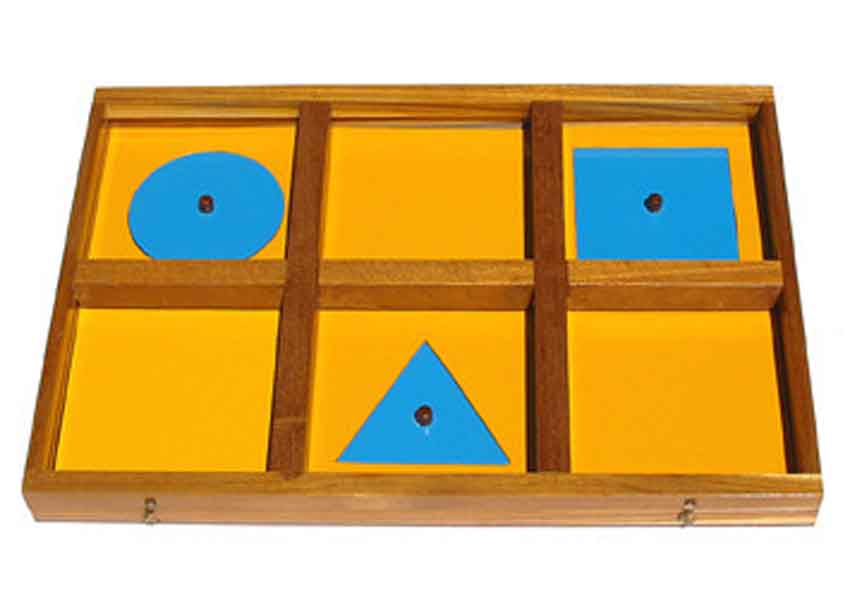The Importance of Play in Early Childhood Education
Play is an essential part of early childhood education. It is a vital part of a child’s development and learning, and it is important for parents and teachers to understand the importance of play in early childhood education.
Play is a natural part of a child’s development. It is a way for children to explore their environment, learn new skills, and express themselves. Through play, children can develop their physical, cognitive, social, and emotional skills. Play also helps children to develop their imagination and creativity.
Play is important for physical development. Through play, children can develop their gross and fine motor skills. They can learn to run, jump, and climb, as well as practice their hand-eye coordination. Play also helps children to develop their physical strength and endurance.
Play is important for cognitive development. Through play, children can learn about the world around them. They can explore, experiment, and problem-solve. Play also helps children to develop their language and communication skills.
Play is important for social development. Through play, children can learn to interact with others. They can learn to share, cooperate, and take turns. Play also helps children to develop their self-esteem and confidence.
Play is important for emotional development. Through play, children can learn to express their feelings and emotions. They can learn to manage their emotions and develop empathy for others. Play also helps children to develop their self-control and resilience.
Play is an important part of early childhood education. It is a way for children to explore, learn, and express themselves. Through play, children can develop their physical, cognitive, social, and emotional skills. Play is also important for developing imagination and creativity.
Parents and teachers should understand the importance of play in early childhood education. They should provide children with opportunities to play and explore. They should also encourage children to engage in different types of play, such as imaginative play, physical play, and cooperative play.
Parents and teachers should also understand the importance of play in early childhood education. They should provide children with a safe and stimulating environment for play. They should also provide children with appropriate toys and materials for play.
In conclusion, play is an essential part of early childhood education. It is a way for children to explore, learn, and express themselves. Through play, children can develop their physical, cognitive, social, and emotional skills. Parents and teachers should understand the importance of play in early childhood education and provide children with opportunities to play and explore.

